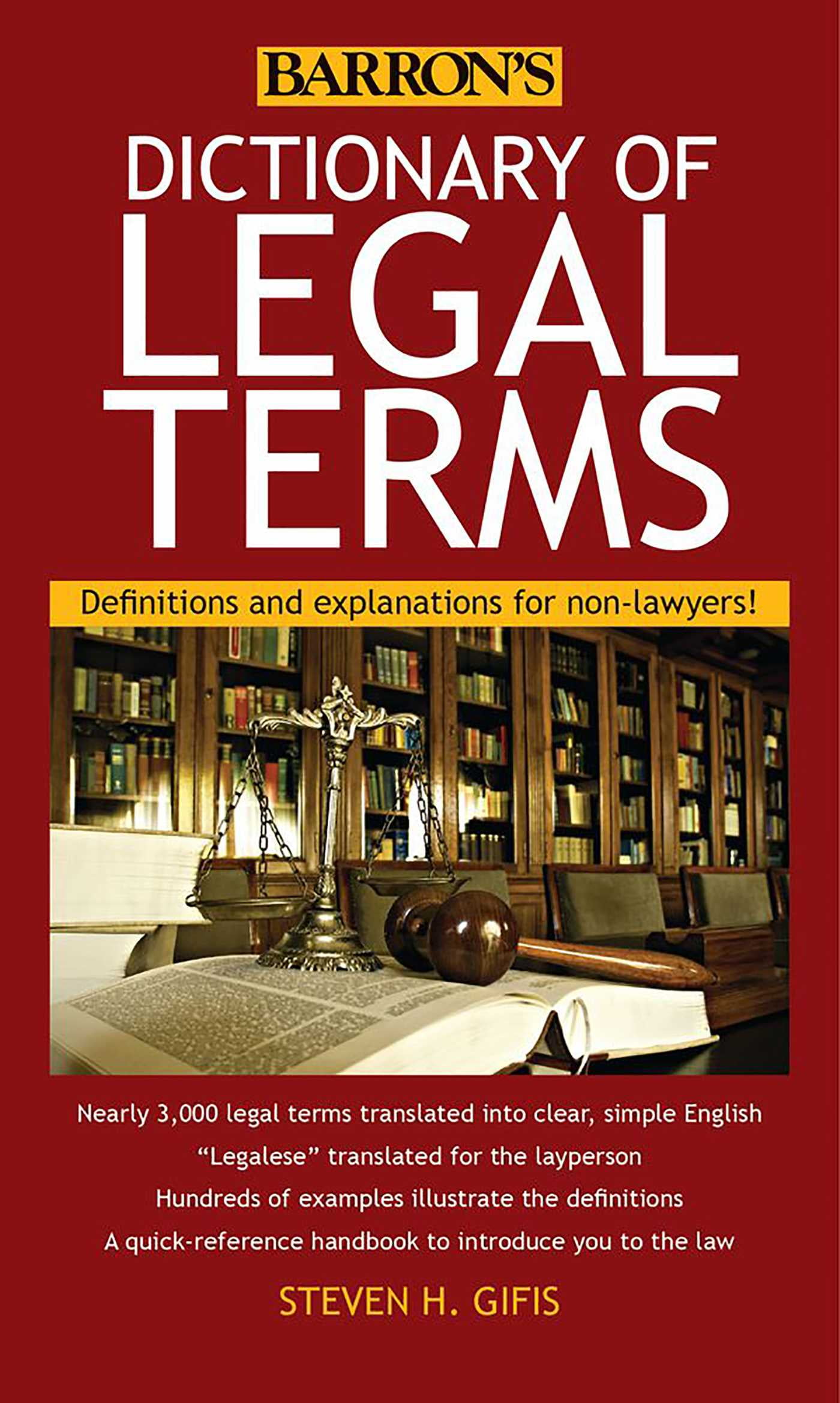

Pro-form terms such as the “aforementioned,” and the “said,” are often used to modify nouns, such as “in consideration for the aforementioned” Pronominal adverbs, such as “whereof,” “thereof,” “hereinafter,” and “thereupon,” simply do not exist in standard English, but are used liberally in Legal English to avoid the repetition of certain phrases or names. Use of Unfamiliar Pro-forms and Pronominal Adverbs.This has become the stylistic standard of modern Legal English. For example, the commonly used phrases “terms and conditions,” “null and void,” “search and seizure,” and “dispute, controversy, or claim,” all include repeated words that have virtually the meanings. Legal English often strings together multiple words to convey a single concept. Modern legal documents use punctuation to help clarify the issues addressed in the documents, though the rules of such punctuation often seems elusive to the lay person. Legal documents drafted in times past feature a distinct absence of punctuation, as attorneys of the time felt that punctuation was irrelevant, serving only to muddy the meaning of the words. Terminology specific to trades and professions that may be unfamiliar to lay people, such as “waiver,” “promissory,” “covenant,” or “ forbearance.” Many of these terms have their roots in Latin and French. Some significant differences that make understanding Legalese difficult for the average person include: While modern Legal English is based on standard English, the vernacular contains features such as technical terminology, grammatical structure and conventions, and even punctuation that have developed over hundreds of years with the phenomenon of legal language. How Legal English Differs from Standard English

As English has become the internationally recognized language of business, however, Legal English has become a global reality in the drafting of legal documents, court pleadings, legal correspondence, and legislation. Legal English, sometimes referred to as “Legalese,” was originally the domain of attorneys and other legal professionals throughout English-speaking countries, including the United States, Canada, Great Britain, Australia, New Zealand, Kenya, and South Africa, which shared many traditions of law. Quickly find definitions to specific terms using the site’s convenient search tool, or browse legal terms by category (civil or criminal), or alphabetically. Legal Dictionary provides definitions and explanations of terms and concepts using plain English that is easy for anyone to understand. Whether drafting a legal document, trying to understand an existing legal document, or studying legal concepts, Legal Dictionary is a valuable resource for discovering the meaning of a wide variety of legal terms and concepts.


 0 kommentar(er)
0 kommentar(er)
